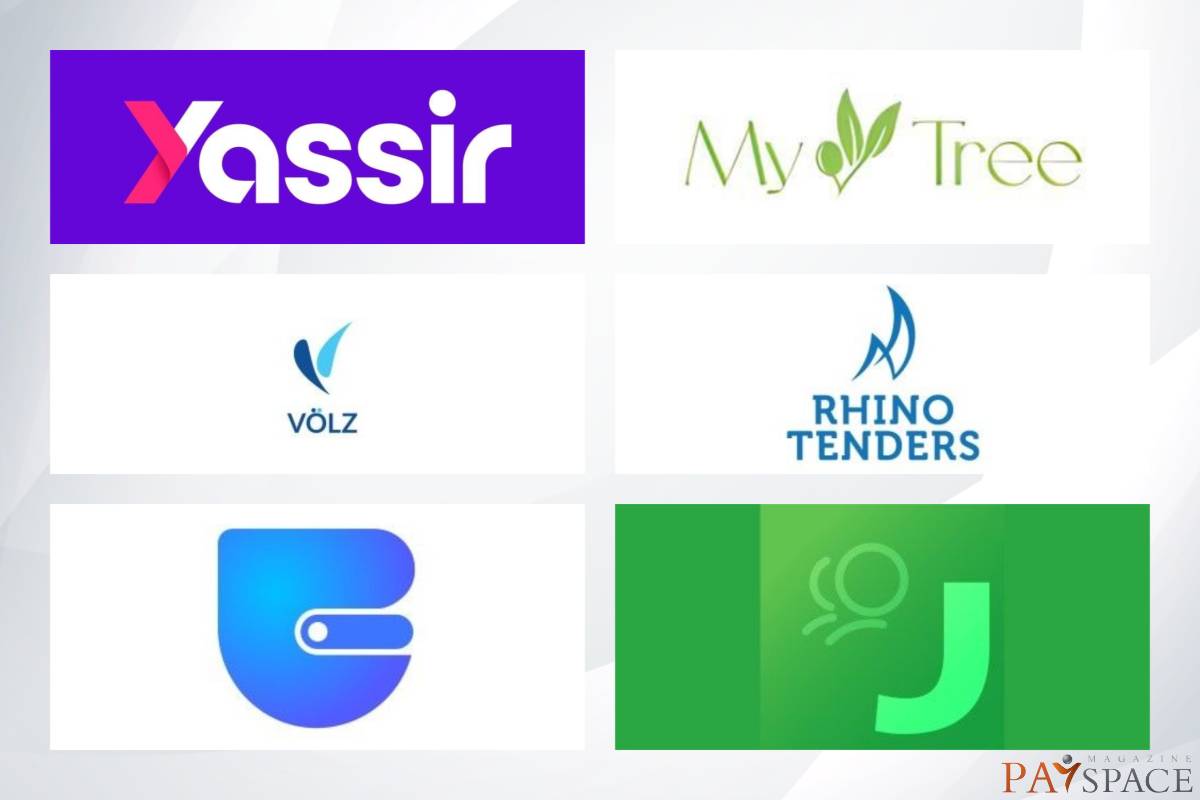
Algeria’s fintech ecosystem may not be as robust as in some developed markets. However, the country has significant potential for mobile banking and payment solutions. With sufficient investment and continuous support from the government, Algeria has all the chances to gain a significant share in the global fintech sector.
Opportunities for Fintech Startups in Algeria
Algeria has a favourable demographic profile for tech innovation. The median age here is 28.2 years. The predominantly young population is eager to adopt new technologies, including those in financial services. Algeria’s high mobile phone penetration (109 mobile subscriptions per 100 inhabitants) further facilitates mobile banking and payment solutions.
Besides, as we know, fintech often flourishes in countries with significant financial inclusion issues. In Algeria, fintech startups can address a number of challenges, ranging from accessibility of banking services in rural areas to lack of financial literacy and low digitization. As of 2022, only 43% of the local population had an account with a financial institution.
Algerian banks are also lagging behind in innovation. That has prompted local authorities to introduce various initiatives to boost financial infrastructure improvements. The Algerian government has recognized the importance of digital transformation and the role of regulations in it. Thus, the country is currently improving the regulatory framework to encourage innovation and investment in fintech.
Developing Fintech Tools Is Challenging in Algeria
At the same time, the fintech startup ecosystem in Algeria faces several obstacles hindering it from developing rapidly. Those challenges include:
- Restrictive regulatory environment that deters innovation. Despite ongoing efforts to update regulations and better accommodate fintech businesses, the situation is far from perfect.
- Financial inclusion is low. Thus, a significant portion of the population remains not only unbanked but also hardly aware of financial services and opportunities.
- Digital infrastructure, such as internet connectivity and digital literacy, needs thorough improvement to fully support robust fintech adoption.
- Access to funding presents a challenge for fintech startups in Algeria. Lack of investment in the sector hinders the growth and scaling of innovative solutions.
Despite all the challenges, fintech startups spring up in Algeria, bringing innovation and accessibility to local financial services.
Fintech Startups Operating in Algeria
Several fintech startups and initiatives have begun to make an impact in Algerian society.

Yassir
Yassir is an Algerian superapp that combines ride-hailing, grocery shopping, and restaurant food delivery into one solution. Yassir has also recently embarked on introducing financial services to help users pay, save and borrow digitally. The young business is the country’s most funded startup so far, with over $200M in funding from prominent VCs from Silicon Valley, Europe, and other parts of the world, including the world’s largest startup incubator: YCombinator. Yassir services are available in Algeria, Morocco, Tunisia, Senegal, France, and South Africa. The startup also plans to expand its presence in Europe and North America, particularly in France, Germany, and Canada. Therefore, Yassir has recently established a new tech hub in Berlin.
UbexPay
The startup, founded in 2020, specializes in digital payment and e-commerce solutions. It offers multiple account types, for individuals, freelancers and businesses. The app enables its users to make and receive payments in many different ways, including via QR codes. Besides commercial payments, UbexPay facilitates utility bill payment, mobile top-ups and subscription fees. Online businesses can also connect free online stores to their accounts and avail of several marketing and security e-commerce solutions. For premium business users, there are also tools for inventory, stock and loyalty program management.
Rhinotenders
The startup provides a platform for e-tenders which helps businesses efficiently find the best suppliers for upcoming purchases and projects. Multiple vendors can respond to procurement opportunities online, competing to win sales or service contracts. Rhinotenders publishes all the calls for tenders available on the Algerian market. It notifies suppliers not only about reviews published directly on the platform, but also about tender information available on websites of public and private institutions and buyers, and national, regional, specialized press and official bulletins. Meanwhile businesses can benefit from managing offers from all suppliers with a single interface and centralize their tender purchases.
My-Tree Online
A fresh Algerian startup launched its sustainable crowdfunding platform just a few months ago. The company aims to contribute to the battle against climate change by planting trees as natural climate regulators. To achieve this goal, My-Tree offers an impactful investing solution – allowing individuals and companies to own, plant, and donate Olive trees, Palm trees, and fruit trees. The startup claims to align with Islamic Sharia principles in its financing methods. Users can choose a project they like, donate, and later participate in the tree-planting process, receiving a relevant certificate. In addition, enterprises can calculate their carbon footprint on the platform as well.
Volz
Volz is a travel app that enables customers to compare and book their airplane tickets using a variety of payment methods. The platform not only supports local payment cards but also allows cash-on-delivery in customers’ native currency. Volz is also developing different fintech solutions for travelers, ranging from price freezing to seamless refunds, price tracking and book now, pay later. The startup collaborates with over 21 airlines, providing a selection of both local and international flight options.
RAWATIB
The startup offers an AI-powered SaaS platform that streamlines payroll and human resources (HR) management. The platform provides a clear overview of salaries, hours worked, holidays, absences, etc. RAWATIB enables businesses of all sizes to automate various data management to avoid costly human errors. AI algorithms automatically check payroll data and detect errors or inconsistencies, taking into account salary, deductions, social contributions and tax information. Besides payroll, virtual assistants help HR managers manage social declaration contributions according to the different plans and rates, track and update employees’ contracts, automatically generate STCs, manage notice periods, control employees’ leave and absences, analyze employee movement data, track the working hours, track salary transfer operations, monitor salary delays and unpaid salaries, forecast the salaries amount in the current month, and more.









